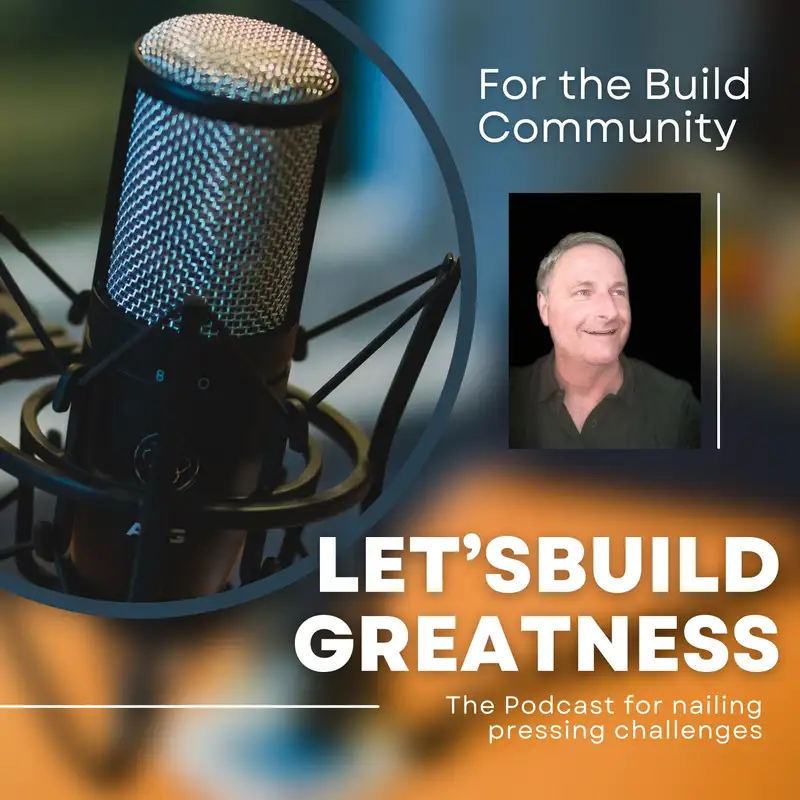Unlock Your Business Potential: Take the Certified Luxury Builder Benchmark Audit Today!
Download MP3Certified Luxury Builders' online assessment tool for construction businesses to gauge their strengths and weaknesses. It consists of a series of statements related to various business aspects, such as strategic planning, financial management, staffing, and marketing. Users rate each statement based on its applicability to their business, ultimately receiving a score that indicates their overall business health. The tool also promotes a paid service that offers personalized support and guidance to improve their performance.
Here are some characteristics of a successful construction business, according to the CLB Network:
Here are some characteristics of a successful construction business, according to the CLB Network:
- Strategic Planning and Financial Management: A successful construction business has a written strategic business plan that encompasses sales, construction operations, and accounting. This plan is shared with the management team. Additionally, successful businesses avoid using a cost-plus pricing formula. They aim for a minimum 12% profit margin (K-1 totals).
- Marketing and Lead Generation: Successful construction businesses have a strong online presence, ranking highly in Google searches. They have a defined target market and actively engage in marketing efforts to reach past and current clients, real estate agents, architects, and interior designers at least monthly to generate leads.
- Human Resources: Successful businesses have the right people in the right positions, with minimal need for new hires. Employees track and report their key performance indicators (KPIs) to their supervisors regularly.
- Business Operations: Successful construction businesses avoid submitting bids for projects without a design or pre-construction agreement in place. They also have a business succession plan, ensuring the business can continue operating or be sold profitably even if the owner is no longer involved.
The CLB Network offers a 30-day program to help construction companies improve in these areas. They work with businesses to develop key documents, including:
● Identifying and defining the target market.
● Establishing criteria for a "Best Fit" client.
● Creating or revising a strategic business plan.
● Developing a brand development plan to enhance the company's online presence.
While the sources provided do not explicitly define the CLB Network's criteria for a "Best Fit" client, they do emphasize the importance of identifying and defining a target market. The CLB Network encourages construction businesses to:
● Define their target market in writing: This involves understanding the specific demographics, needs, and preferences of the ideal client.
● Establish criteria for a "Best Fit" client in writing: This step likely involves developing a set of characteristics or qualifications that align with the business's goals, expertise, and resources.
● Develop targeted marketing: Once the target market and "Best Fit" criteria are established, marketing efforts should be tailored to reach these specific audiences.
Therefore, defining a "Best Fit" client is likely a key component of the CLB Network's approach to helping construction businesses succeed. By focusing on attracting and working with clients who are a good match for the business, companies can increase efficiency, profitability, and client satisfaction.
The sources mention four key documents created during the CLB Network's 30-Day Experience, not three. These documents are created during four one-hour calls with the CLB Network team:
● A document that identifies and defines the target market in writing. This likely involves outlining the specific demographics, needs, and preferences of the construction company's ideal clients.
● A document that establishes criteria for defining the company's "Best Fit" client in writing. This would involve developing a set of characteristics or qualifications that a potential client should meet to be considered a good match for the business.
● A written strategic business plan, or a revised version of an existing one. This plan likely encompasses sales, construction operations, and accounting, as mentioned earlier.
● A brand development plan in writing to help the company become a leading online brand in its market. This could involve strategies for improving the company's website, search engine optimization (SEO), social media presence, and content marketing efforts.
The minimum expected profit margin for a construction company, based on gross revenue, is 12%, according to the sources.
Specifically, source states that if a construction company grosses $10 million in construction revenue (excluding land sales), they should expect a minimum of $1.2 million in K-1 totals. This represents a 12% profit margin.
The source further emphasizes that this 12% figure is a minimum expectation, implying that successful construction companies may achieve even higher profit margins.
